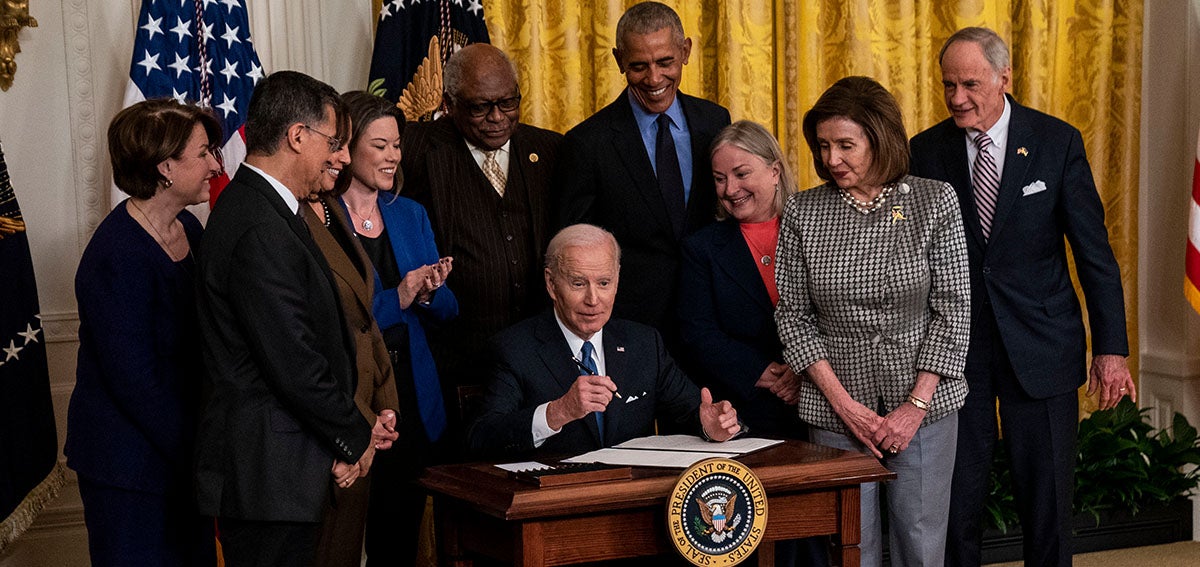
On April 5, 2022, the Internal Revenue Service issued a proposed rule to revise its current interpretation on eligibility for premium tax credits for families. This would, if finalized, fix the Affordable Care Act’s (ACA’s) so-called “family glitch” by extending marketplace subsidies to millions of people — primarily children and women — who are currently ineligible for financial help through the marketplaces. [Note: An estimated 593,000 Californians fall into the family glitch.] The proposed rule was accompanied by a fact sheet from the White House that also summarized other efforts by the administration to strengthen the ACA and Medicaid.
This change is not a surprise. The proposed rule flows from an executive order on the ACA and Medicaid issued by President Biden in January 2021 which hinted at the possibility of fixing the family glitch by directing federal officials to examine “policies or practices that may reduce the affordability of coverage or financial assistance for coverage, including for dependents.” And critics have long argued that the family glitch interpretation is inconsistent with the text, structure, and goals of the ACA and unfairly penalizes family members of lower-income workers. There is also broad support among a range of health care stakeholders to fix the family glitch: a majority of diverse health care stakeholders urged the Biden-Harris presidential transition team to revise the interpretation that created the family glitch.
The proposed rule should not affect liability under the employer mandate. Why? The employer mandate requires certain large employers to offer coverage to employees and dependents. But penalties for violating the mandate are triggered only when an employee receives premium tax credits through the marketplace. As discussed below, the proposed rule would extend marketplace tax credits to only the family members of workers who are not offered affordable job-based family coverage. It would do nothing to affect the eligibility of employees and thus should not implicate the employer mandate.
Continue reading the full post at Health Affairs Forefront.
Authors & Contributors

Katie Keith
Katie Keith, JD, MPH provides rapid response analysis for Health Affairs Forefront. She is the director of the Health Policy and the Law Initiative at the O’Neill Institute for National and Global Health Law at Georgetown University Law Center. Keith is also an associate research professor at Georgetown University’s Center on Health Insurance Reforms.
Keith was deputy assistant to the President and deputy director of the White House Gender Policy Council during the Biden-Harris Administration. Prior to that, she provided “Following the ACA” rapid response analysis for Forefront and was an appointed consumer representative to the National Association of Insurance Commissioners.
Keith is a co-founder of Out2Enroll, a national initiative to connect LGBTQ+ people with coverage options, and the founder of Keith Policy Solutions, LLC, a boutique consulting firm where she advised nonprofit and foundation clients.
She holds a master’s in public health from Johns Hopkins University and received her law degree from the Georgetown University Law Center.



